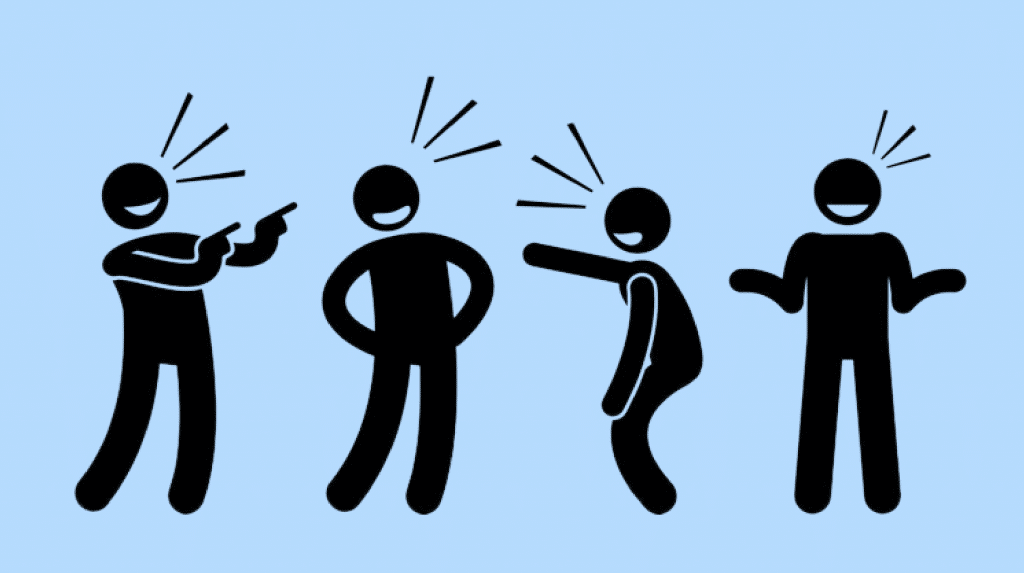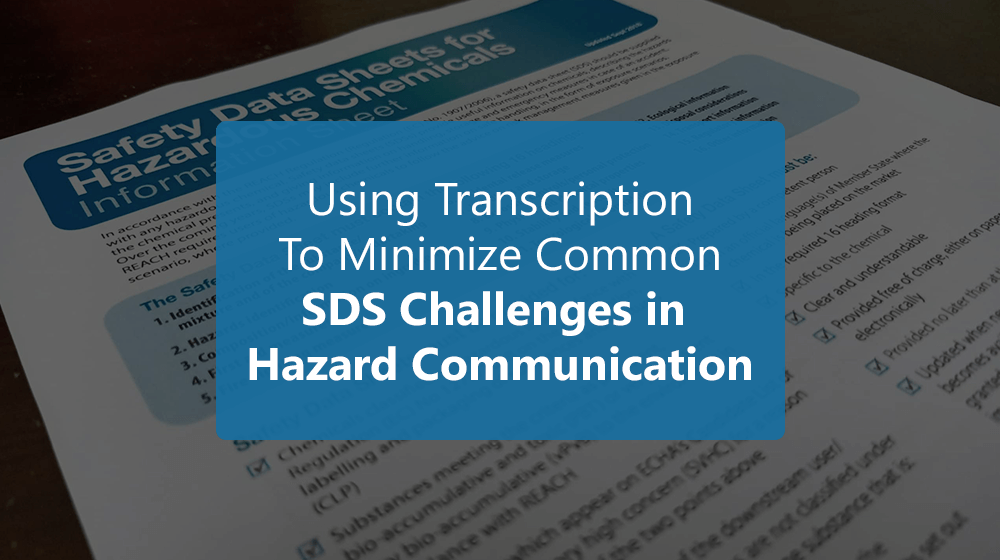First, Focus on Context
Play with Slangs
Be mindful of social norms & taboos
The Art of Adaptation
Translation sometimes involves more than just swapping words; it requires adapting content. This happens often in comedy, like movies or TV shows, where humor is tailored to a new audience.
For instance, when “F.R.I.E.N.D.S” aired in China, it wasn’t translated. Instead, the show was adjusted to suit Chinese culture and humor. Jokes about American life turned into relatable Chinese jokes. The essence of friendship remained despite joke changes, showing that translating humor is both linguistic and cultural.
The Unsung Heroes: Translators and Localizers
Translators and localizers are the real heroes in making jokes work across cultures. They’re not just good with words; they must also understand humor and culture. Their skill helps bring people from different backgrounds a bit closer together. Companies like ANT Datagain offer multilingual experts with proficiency in 100 plus languages. They can translate jokes into multiple languages quickly and accurately.

















